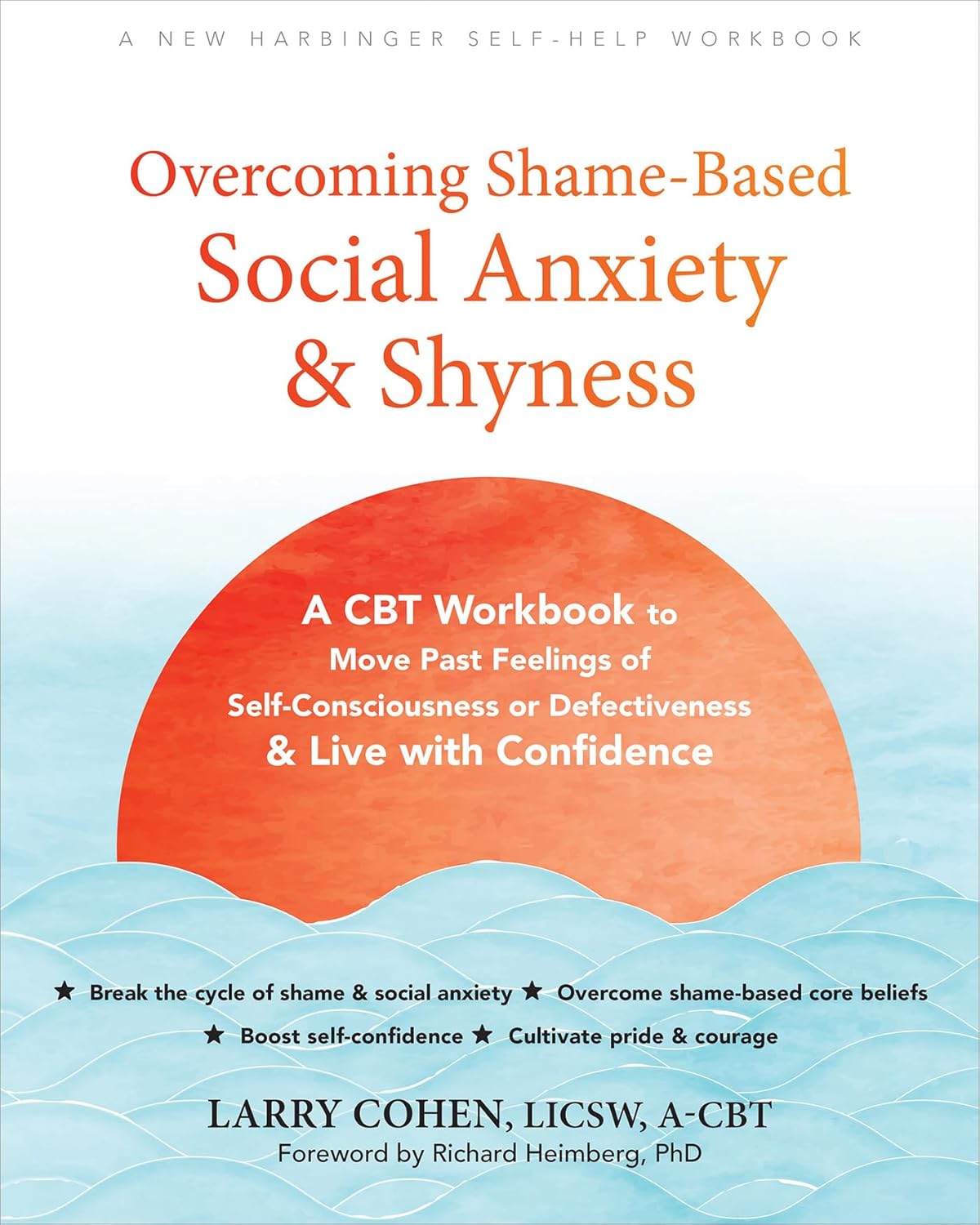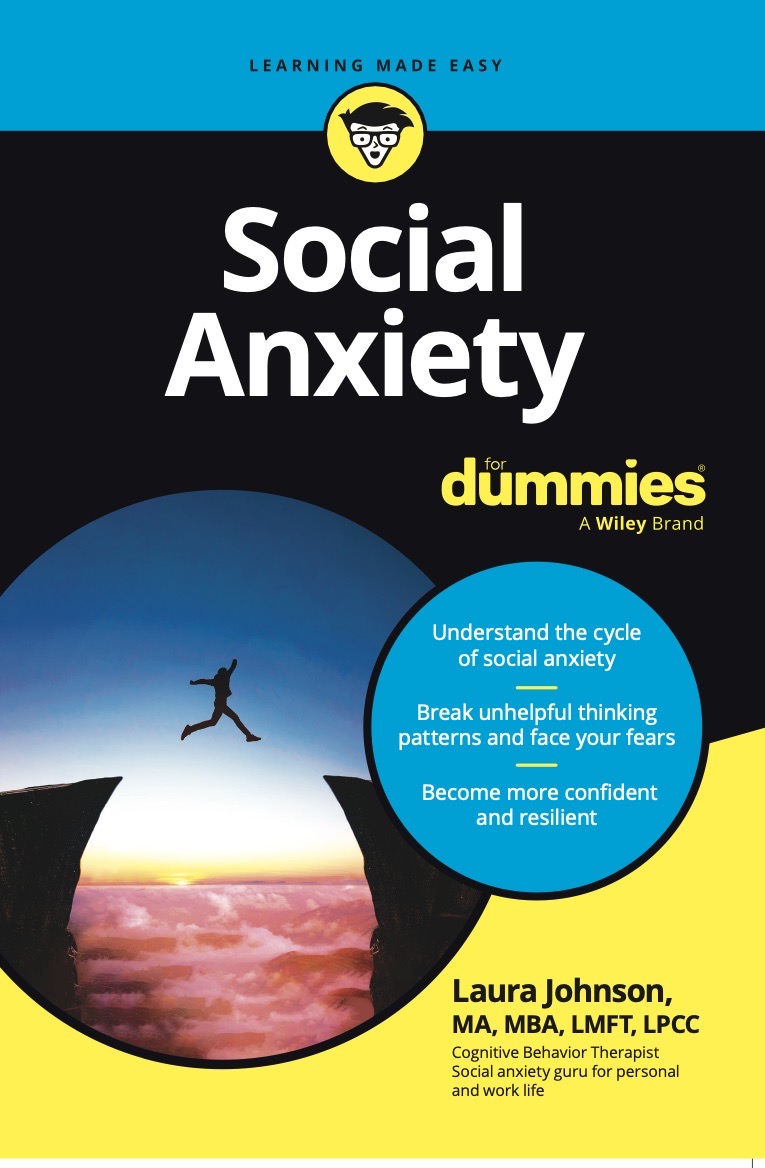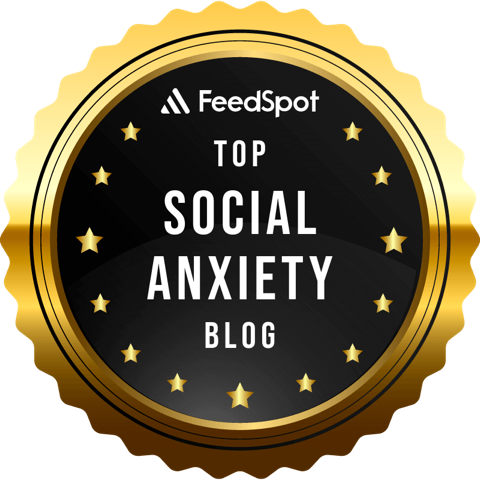Transitioning to College
The transition from high school to college can be a very exciting time. You are taking a step out from under the watchful eyes of your parents and are suddenly dictating your own schedule. There are opportunities to meet new friends, join interesting clubs and possibly make some not-so-great decisions. While the amount of new experiences in college may be exciting for some, it can be extremely overwhelming for students with social anxiety.
 Imagine that it is your first day of college. You don’t know anyone, you just met your roommate, and you are reviewing the schedule for orientation. You start to think about what it will be like to sit in a large lecture hall or maybe you think about what outfit you’re going to wear to the freshman luau planned for later that evening. Maybe your heart is racing and you start to feel a little jittery while thinking about all of the new people you will meet. It is normal to experience anxiety, especially when you are encountering so many new experiences. However, when your anxiety is so overwhelming that it starts to interfere in your daily activities, college can become a very different experience.
Imagine that it is your first day of college. You don’t know anyone, you just met your roommate, and you are reviewing the schedule for orientation. You start to think about what it will be like to sit in a large lecture hall or maybe you think about what outfit you’re going to wear to the freshman luau planned for later that evening. Maybe your heart is racing and you start to feel a little jittery while thinking about all of the new people you will meet. It is normal to experience anxiety, especially when you are encountering so many new experiences. However, when your anxiety is so overwhelming that it starts to interfere in your daily activities, college can become a very different experience.
Taking the example from above, an individual with social anxiety may look at the schedule for orientation and experience a slew of uncomfortable sensations: nausea, dizziness, tingling sensations, heart palpitations, and sweating. The individual may experience the following thoughts: “Who am I going to sit next to? What if I say the wrong thing? What if someone judges me for not saying anything? Will it look better if I order a salad or a hamburger? I don’t have anyone to go to the luau with. Maybe I’ll just stay in my room.” In a college environment where there is a large amount of pressure to make friends, find a group to fit in with, and have “the time of your life”, there is also a lot of social anxiety. According to a survey completed by college counselors, anxiety is the largest factor influencing college students to seek mental health treatment.
Finding Balance
Given societal pressures to have both a successful social and academic life in college, how do you balance both when you also have social anxiety? It is difficult to maintain a high GPA if one is avoiding group projects, large lecture halls and classes that involve public speaking. It is also difficult to maintain and improve your mental health if avoiding social interaction and making friends lead to isolation and a decrease in mood. Therefore, it is important to seek treatment and take a proactive stance in your mental health. If you notice social anxiety interfering in your ability to have a successful college career, consider implementing the following suggestions:
● Seek treatment at your college counseling center or a mental health practice nearby. Cognitive behavioral therapy (CBT) can support you in being able to identify the components that may be further perpetuating your social anxiety. It can support you in taking a step back, noticing the thoughts that are causing anxiety, and enables you to continue engaging in a valued task, such as going to the lua or attending a large lecture hall.
● Create a mindfulness practice for yourself. Mindfulness is helpful in tolerating uncomfortable thoughts, sensations and emotions. It allows you to notice your thoughts, create some emotional distance between yourself and your thoughts, and brings you back to the present moment. Imagine how much easier it would be to label “What if they think I’m dumb and a failure” as just a thought, rather than as a fact; mindfulness aims to do just that. Apps such as “Headspace” and “Calm” are great, accessible ways to ease your way into the practice of mindfulness.
● If possible, don’t avoid anxiety-producing situations. The more that you avoid situations that cause anxiety, such as signing up for a club sport, participating in Greek life, or attending a study party, the more power you’re giving your anxious thoughts. Avoidance reinforces that the perceived threat is real. For example, if you experience an anxious thought of, “If I go to the party to meet people, I’ll just stutter when talking and people will judge me and think I’m stupid”, this thought may lead to avoiding the party or not talking to anyone at the party. By engaging in this avoidance, you are communicating to yourself that it is a very real possibility that you will stutter, which then may lead to avoiding future conversations and parties.
● Identify activities that you want to be participating in. Attend activity fairs, look into volunteer opportunities, seek out activities to expose yourself to. If you are in a larger city and are having a difficult time finding student-led organizations, look into meetup.com and see if there is anything that interests you there. Ask yourself, “Why do I want to attend this event or participate in this activity?”. Highlight the value that you see in engaging in an anxiety-producing situation, utilize your mindfulness skills, and participate in your college career.
College can be an extremely rewarding experience where you can obtain the social and organizational skills needed to make the next transition in your life. However, if your social anxiety feels overwhelming and unmanageable, it can get in the way of you being able to reach your personal goals. Create a new relationship with your social anxiety, utilize support, and apply the skills above to show yourself that you can manage your social anxiety, rather than your social anxiety managing you.
Written by,
Chelsea Ragsdale, LCSW
The Depression and Anxiety Clinic of Chicago
Share this blog post.











